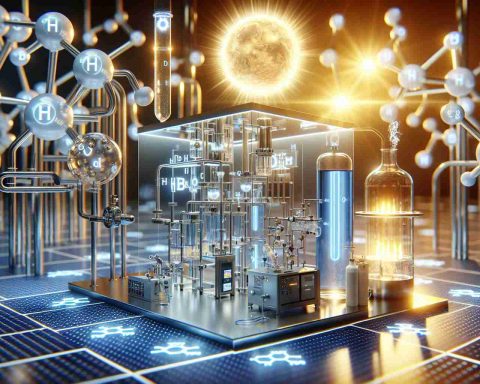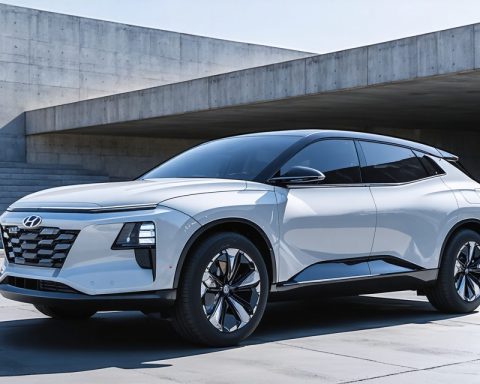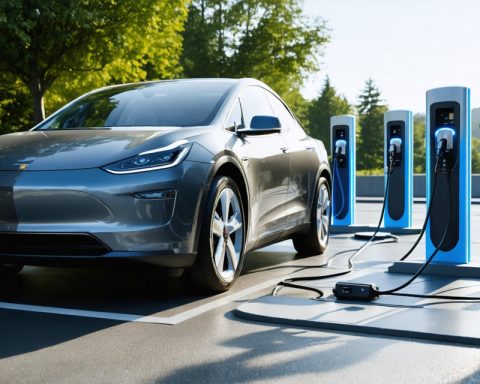Browse TagHydrogen Fuel
Hydrogen fuel refers to hydrogen gas (H2) used as an energy source, primarily in fuel cells or combustion engines, to produce electricity, heat, or mechanical power. It is considered a clean fuel option because the only byproduct of its use in fuel cells is water vapor, producing zero carbon emissions. Hydrogen can be produced through various methods, including electrolysis of water, steam methane reforming, or gasification of biomass, among others. The potential for hydrogen fuel lies in its ability to serve as a renewable energy carrier, facilitating energy storage and transportation, particularly in a sustainable energy system that relies on intermittent renewable sources like solar and wind. Hydrogen fuel is gaining attention for its use in various sectors, including transportation (for vehicles, buses, and trains), heating, and industrial processes, making it a key component of strategies aimed at reducing greenhouse gas emissions and transitioning away from fossil fuels.
















